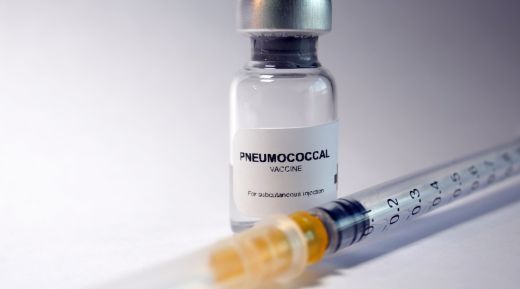



To receive important alerts and updates from Gold Coast Primary Health Network, please submit the form below.
"*" indicates required fields

To receive important alerts and updates from Gold Coast Primary Health Network, please submit the form below.

Pneumococcal disease refers to a range of infections caused by a bacterium known as Streptococcus pneumoniae.
Many parts of the body can be infected and resulting disease can be severe, including pneumococcal pneumonia, pneumococcal sepsis (bacteraemia) and meningitis.
Pneumococcal disease is a leading cause of serious illness and death among children. Globally, it is estimated that approximately one million children die due to pneumococcal disease every year.
While pneumococcal disease can impact anyone, young children and people aged 65 years and older are at high risk of severe illness.
Pneumococcal disease can manifest in several forms, each with varying symptoms and health impacts. Common types include:
Pneumococcal bacteria commonly reside in the nose and throat without causing illness. However, when the immune system is unable to control the bacteria, it can multiply unchecked and spread to other parts of the body.
The bacteria can spread from person-to-person through close contact, coughing and sneezing.
While anyone can contract the disease, certain factors increase the risk of severe illness, including age, underlying health conditions, and living in crowded environments. Aboriginal and Torres Strait Islander populations also have higher rates of invasive pneumococcal disease.
The most effective way to prevent pneumococcal disease is through vaccination. The National Immunisation Program (NIP) provides free pneumococcal vaccines for various age groups, including infants and older adults.
You can find out if you’re up-to-date with pneumococcal protection by:
✔️ Talking with your GP
✔️ Talking with your pharmacist
✔️ Accessing your Immunisation History Statement via the Express Plus Medicare App
In addition to vaccination, practicing good hygiene – such as regular handwashing and covering your mouth when coughing – can help reduce the spread of pneumococcal disease.
If you would like to learn more about protecting yourself and others against pneumococcal disease, speak to your GP or immunisation provider.
The National Immunisation Program (NIP) provides free pneumococcal vaccines for various age groups, including infants and older adults.
Diagnosing pneumococcal disease depends on the infection site, and may include urine, blood, and cerebrospinal fluid analyses.
Treatment typically consists of antibiotics, with early diagnosis crucial to reduce the risk of complications. However, antibiotic resistance is a growing concern, highlighting the importance of vaccination.
So we can provide you with the most accurate information,
please tell us a little more about yourself

